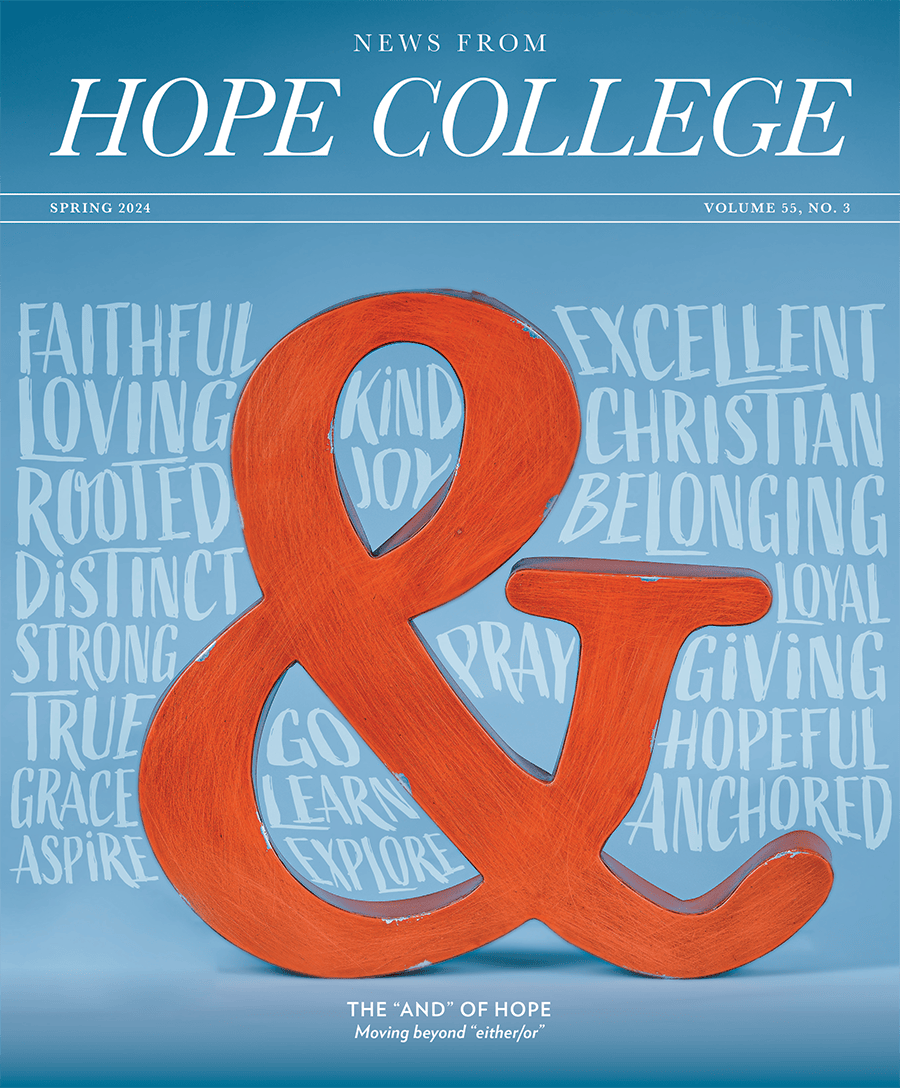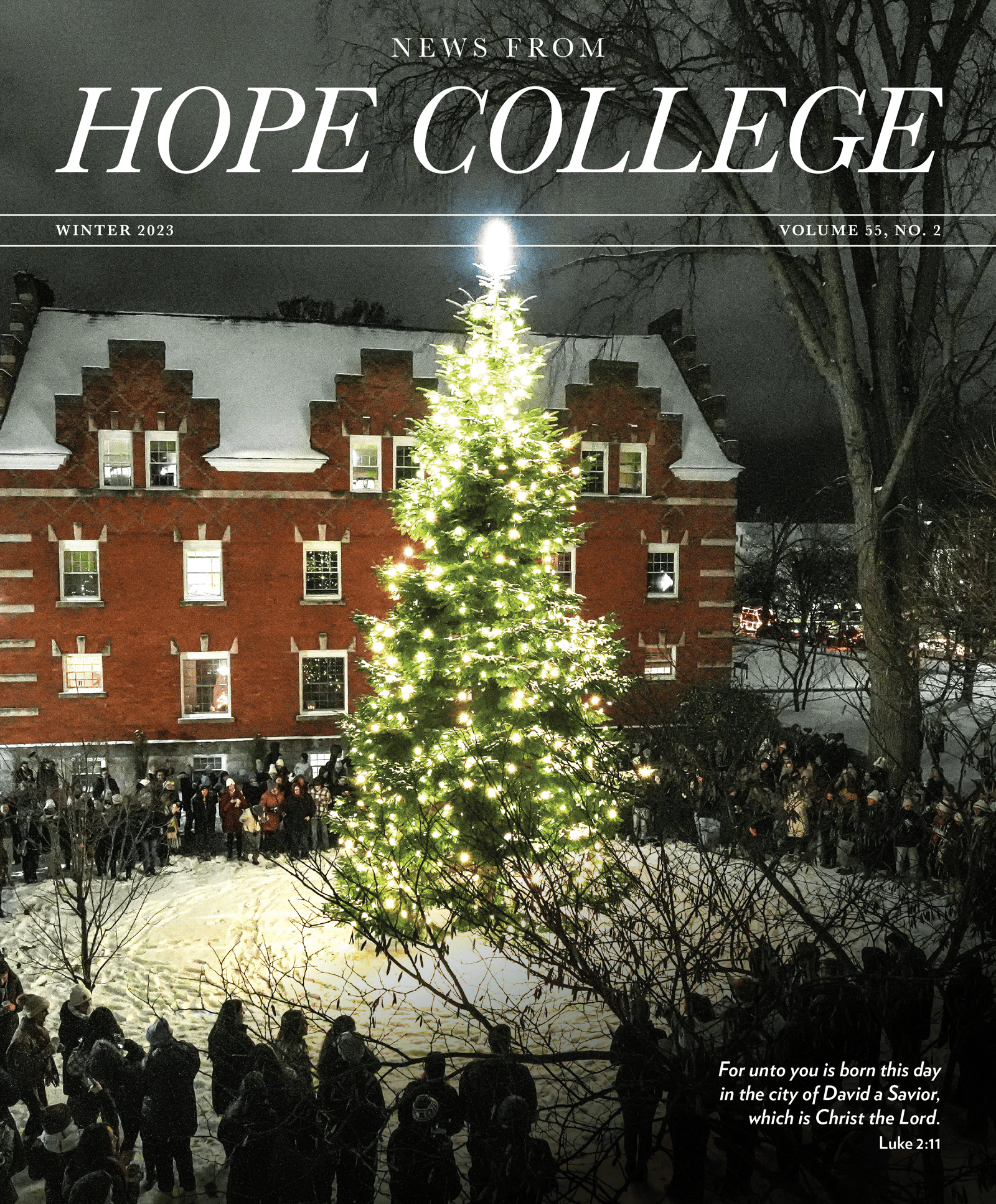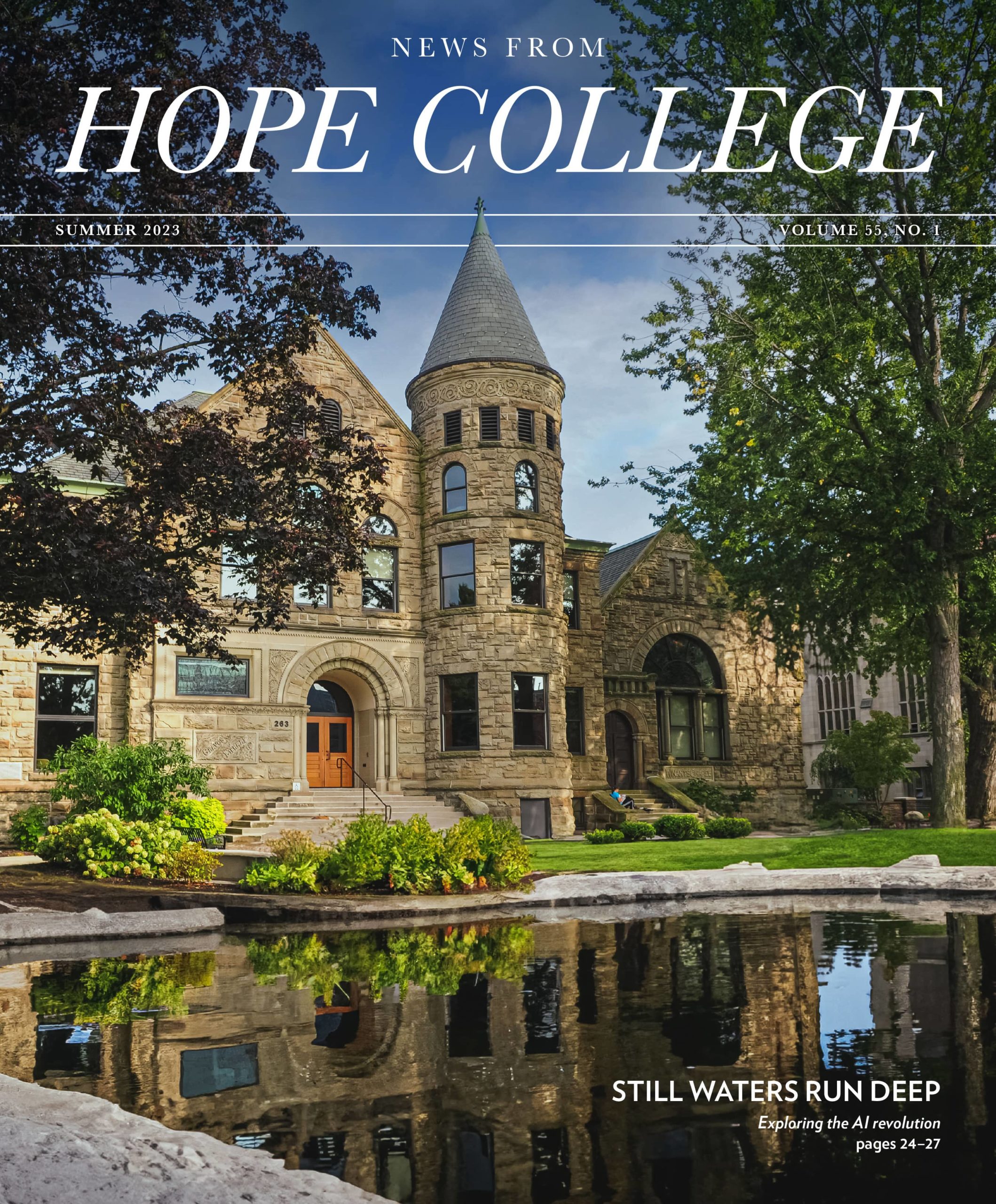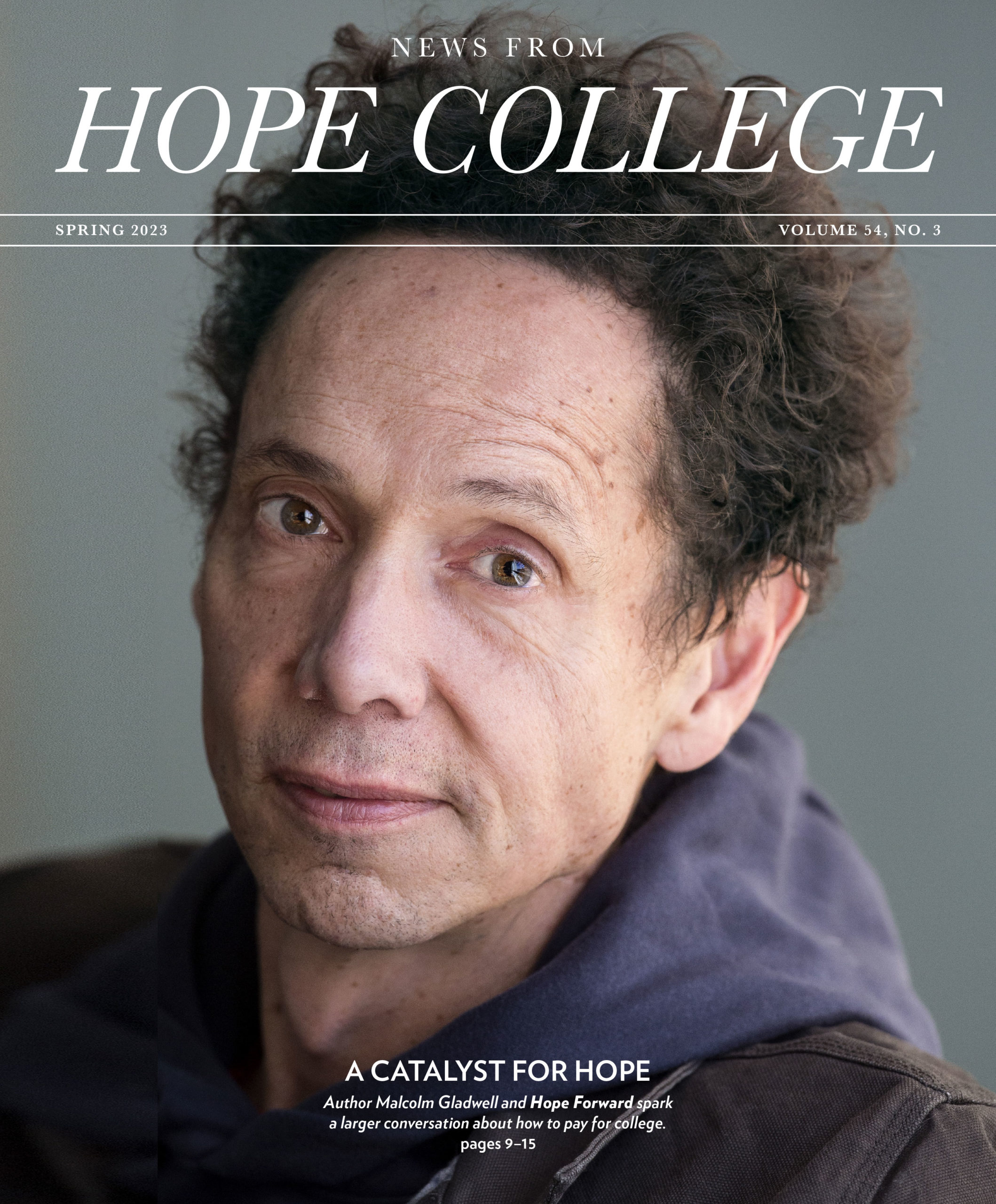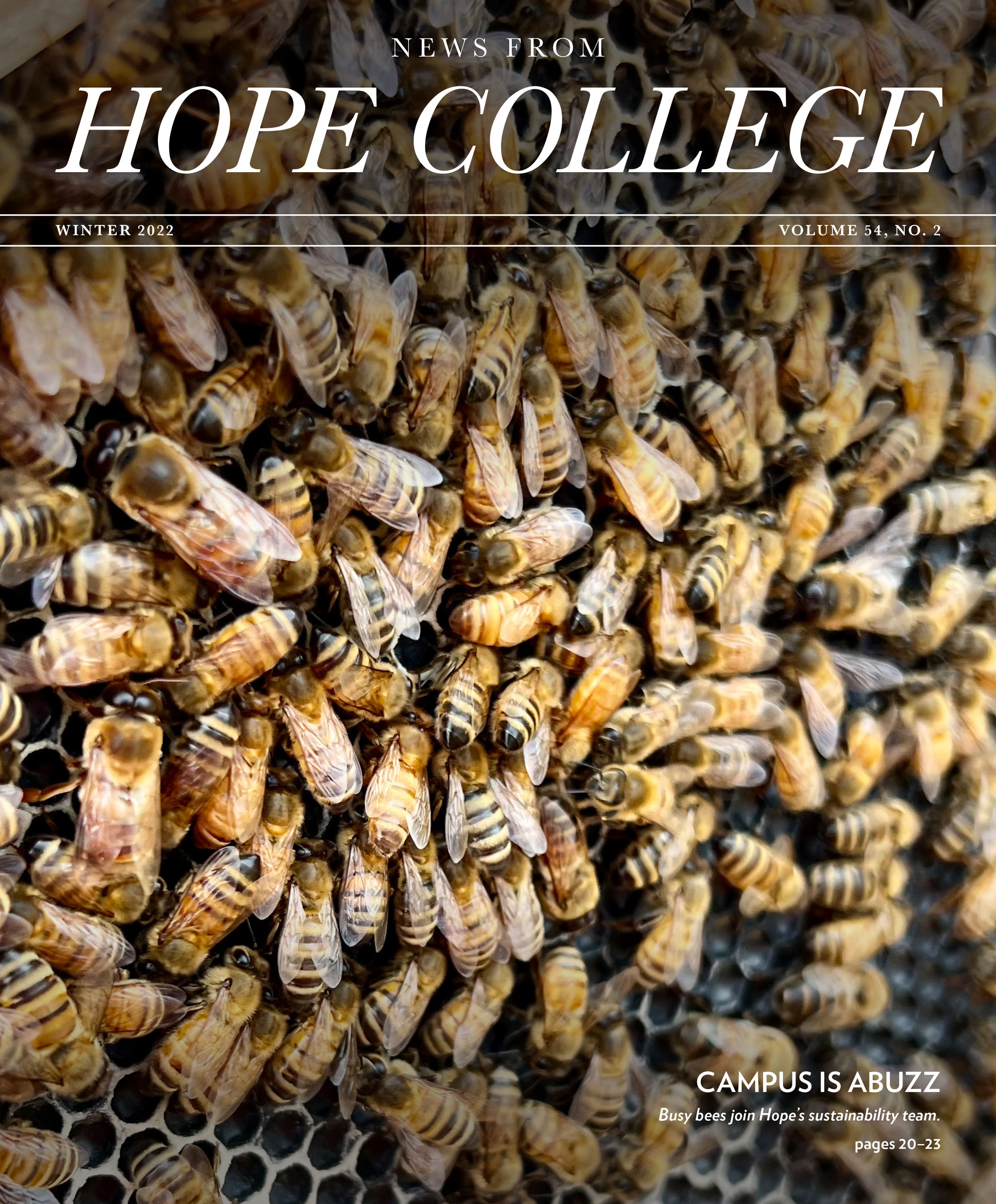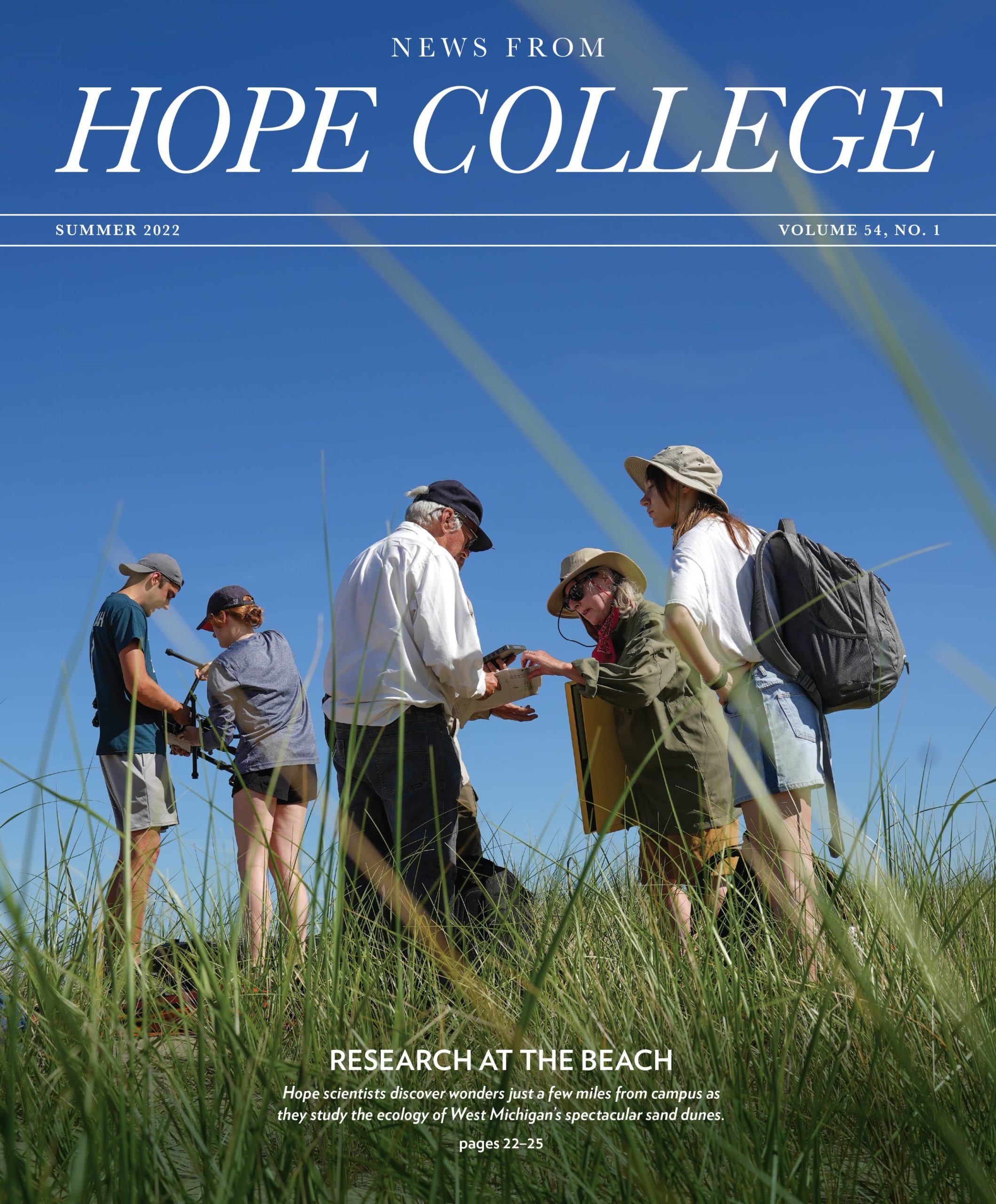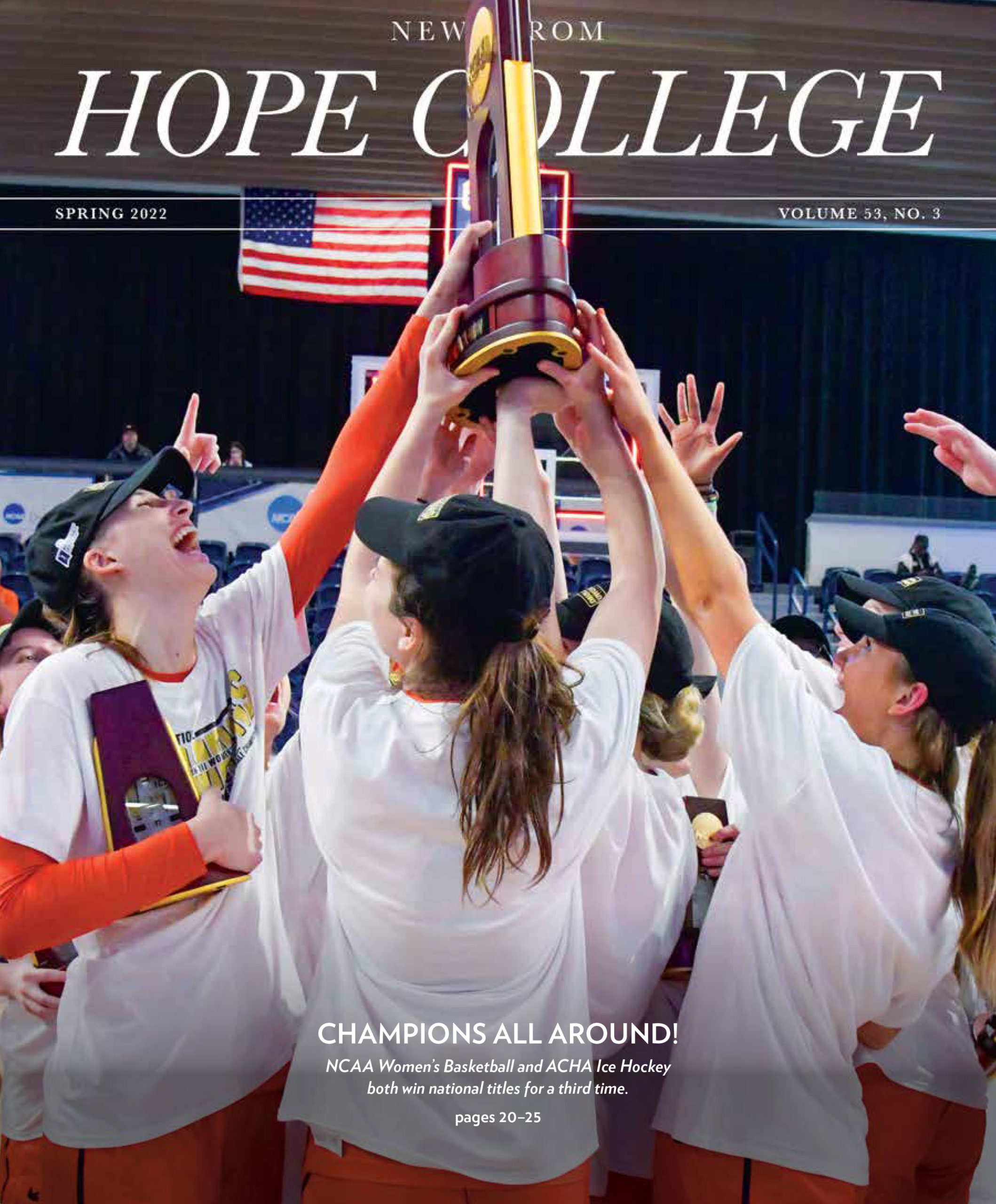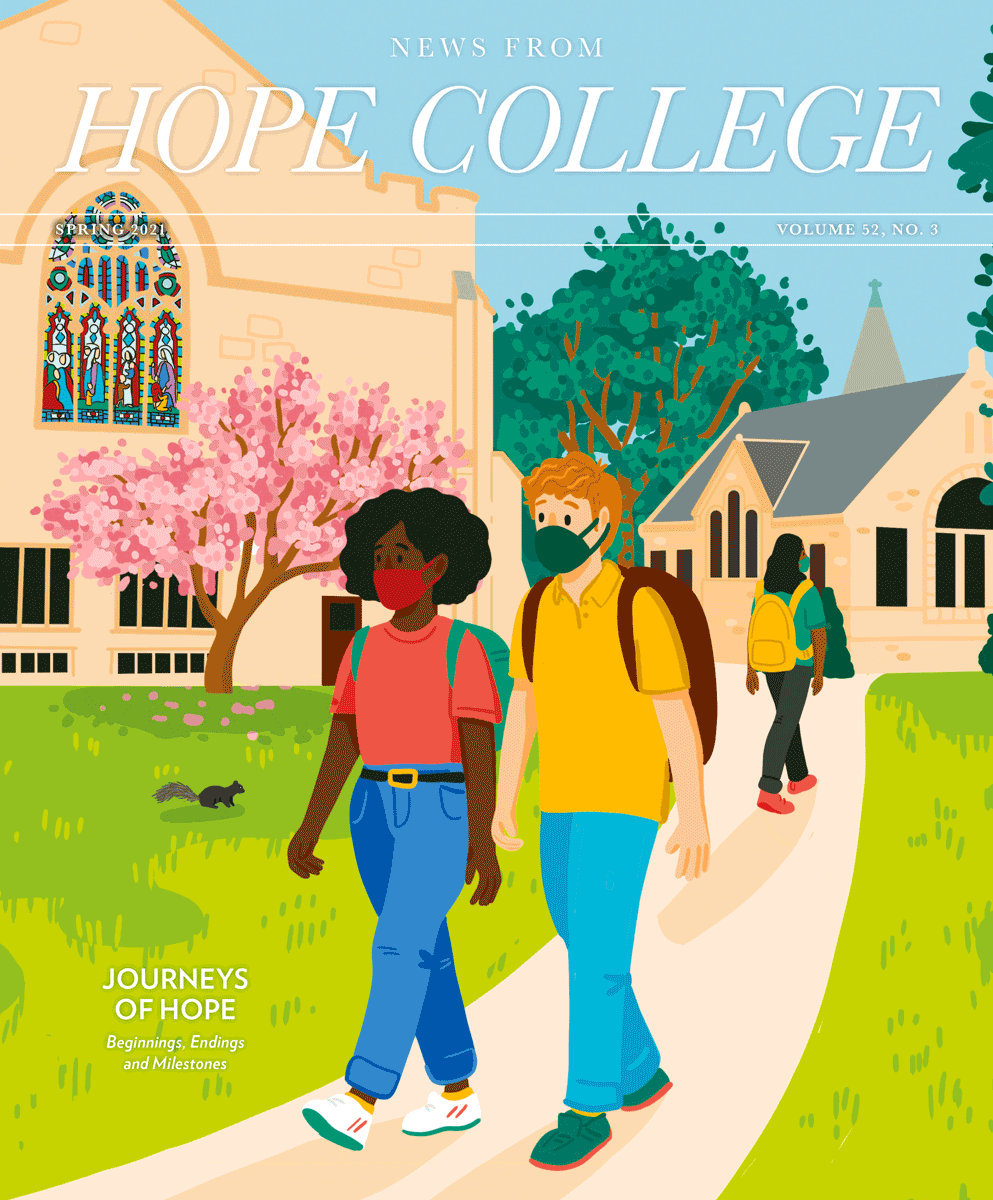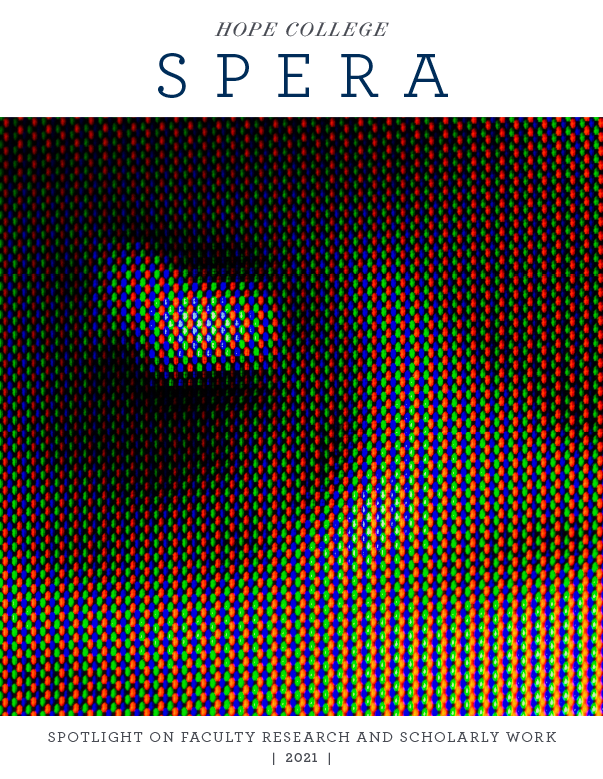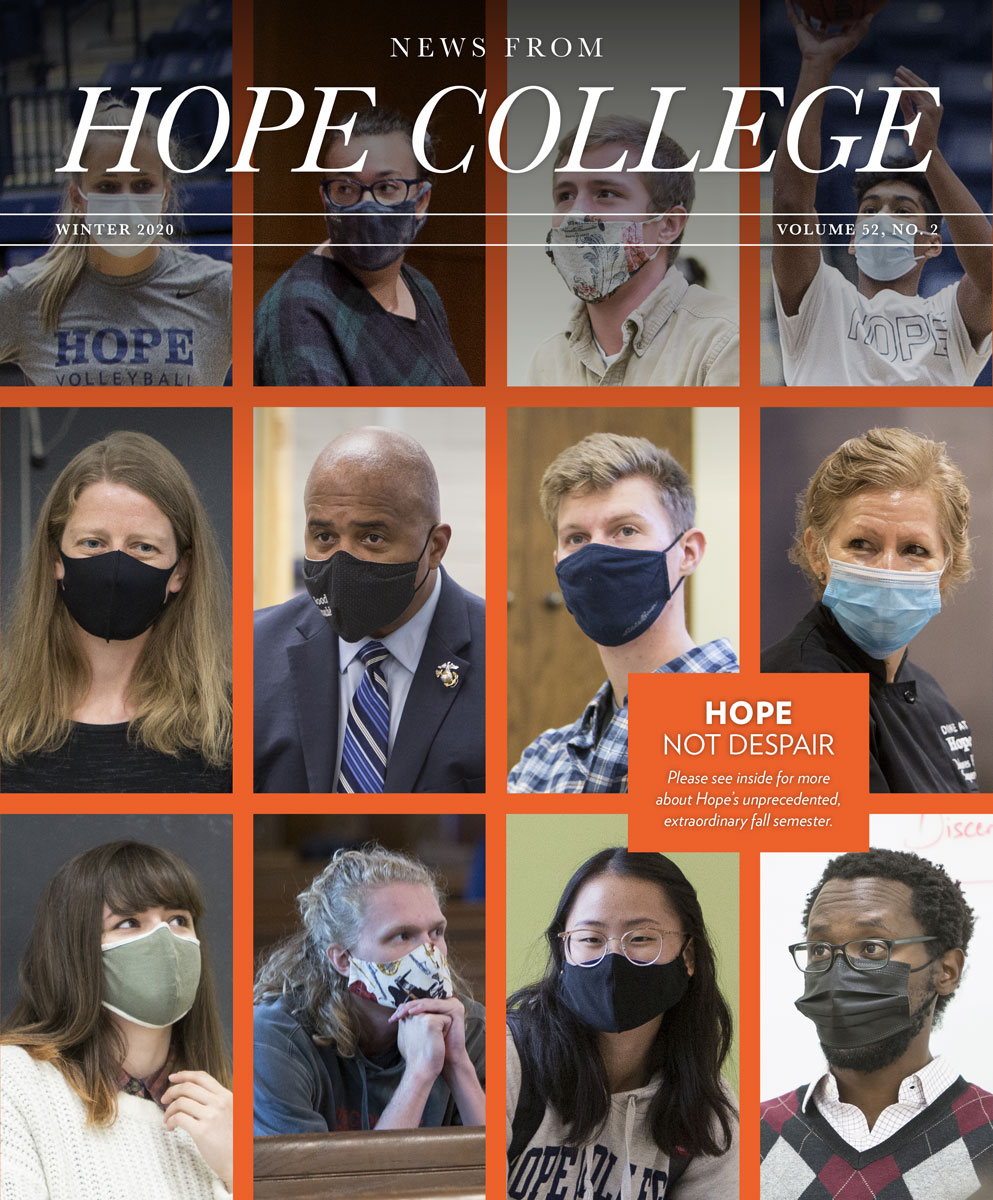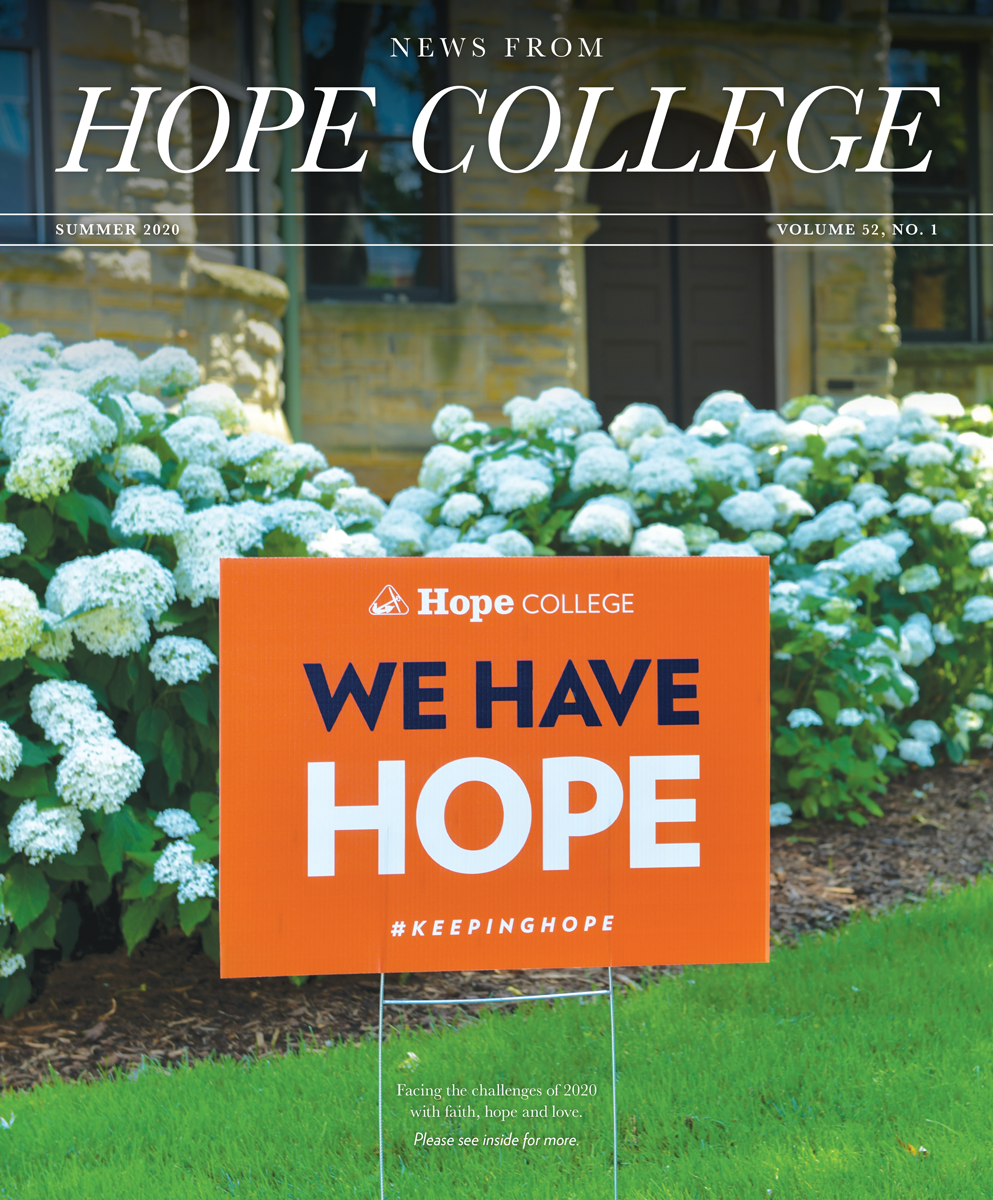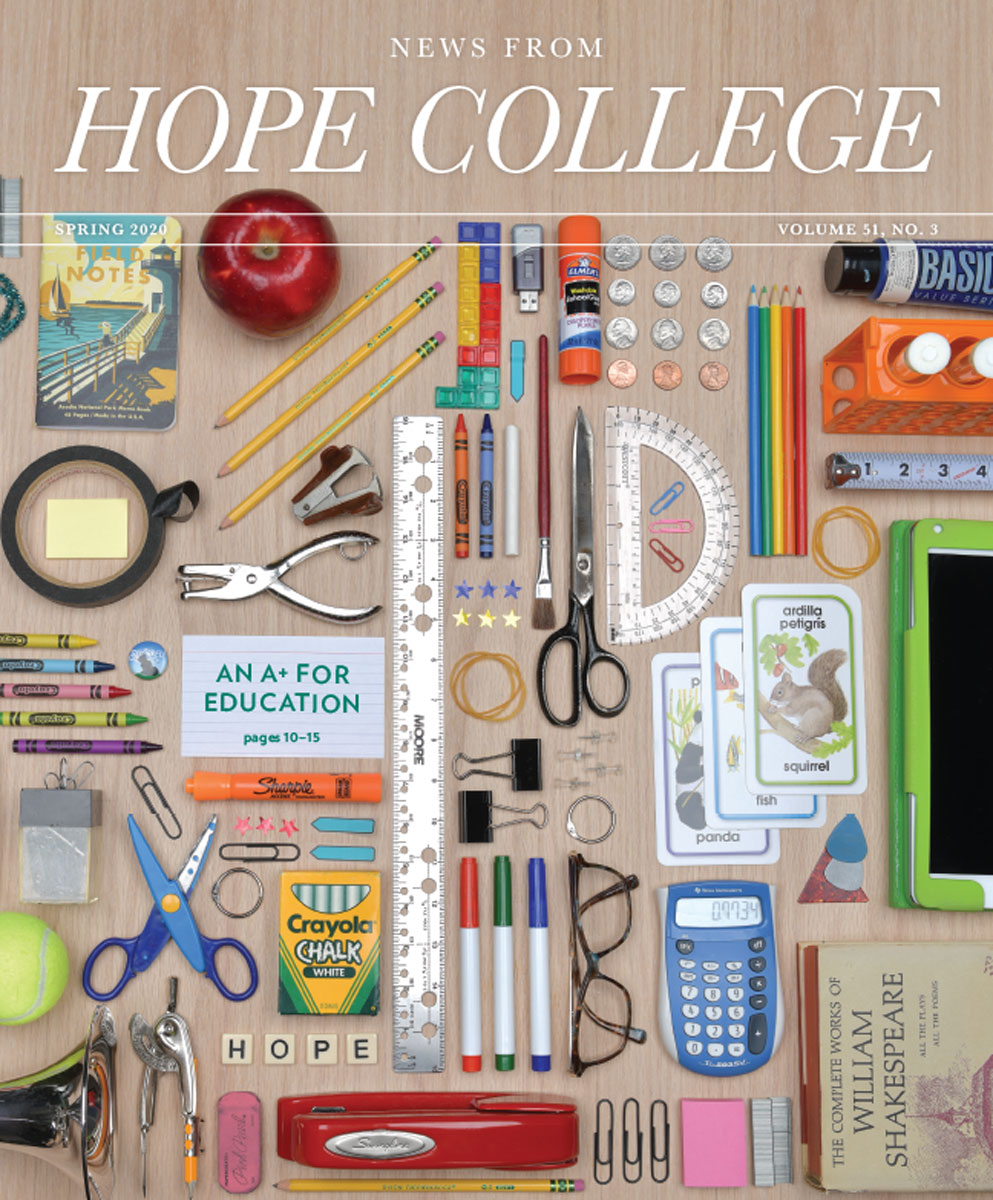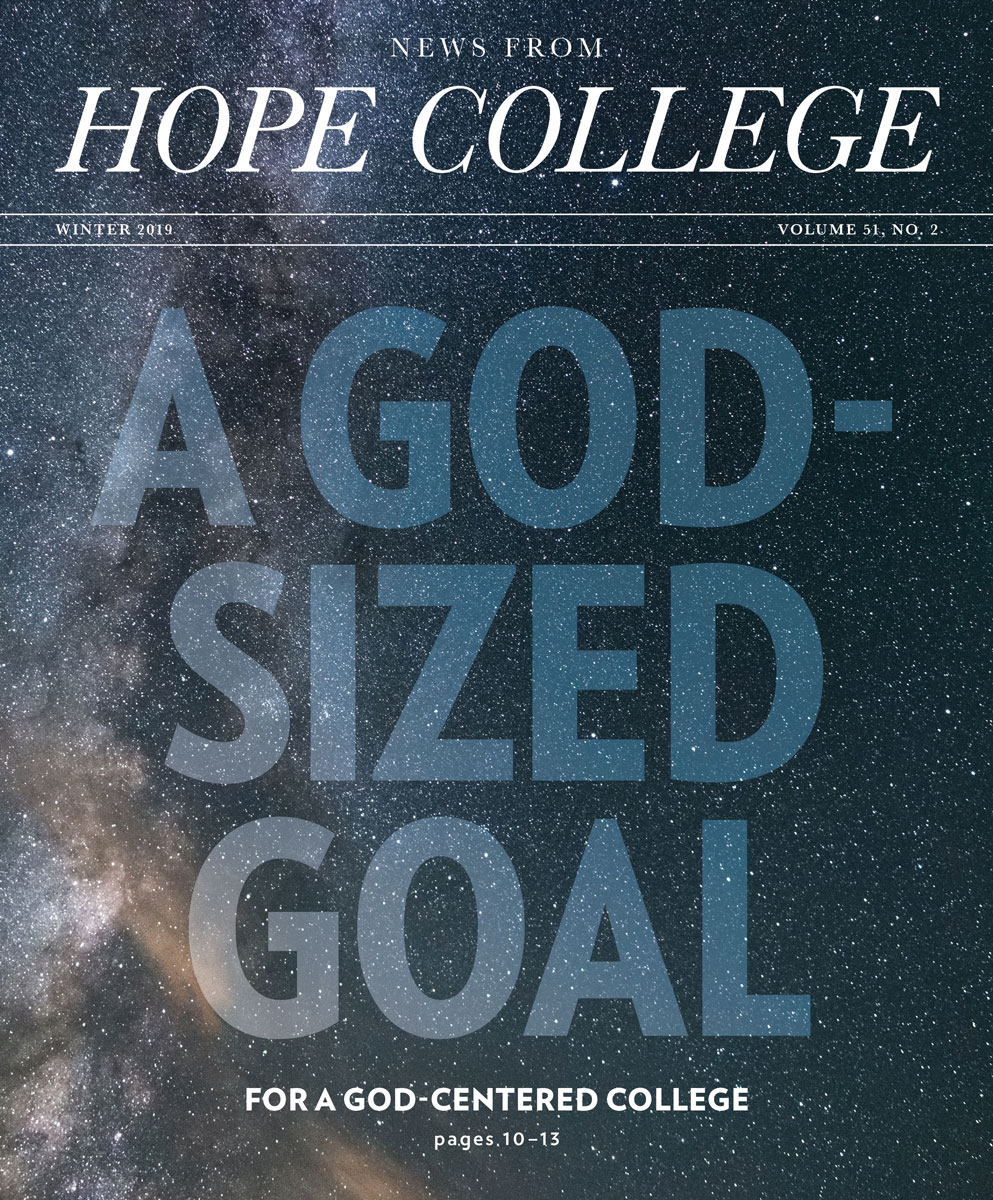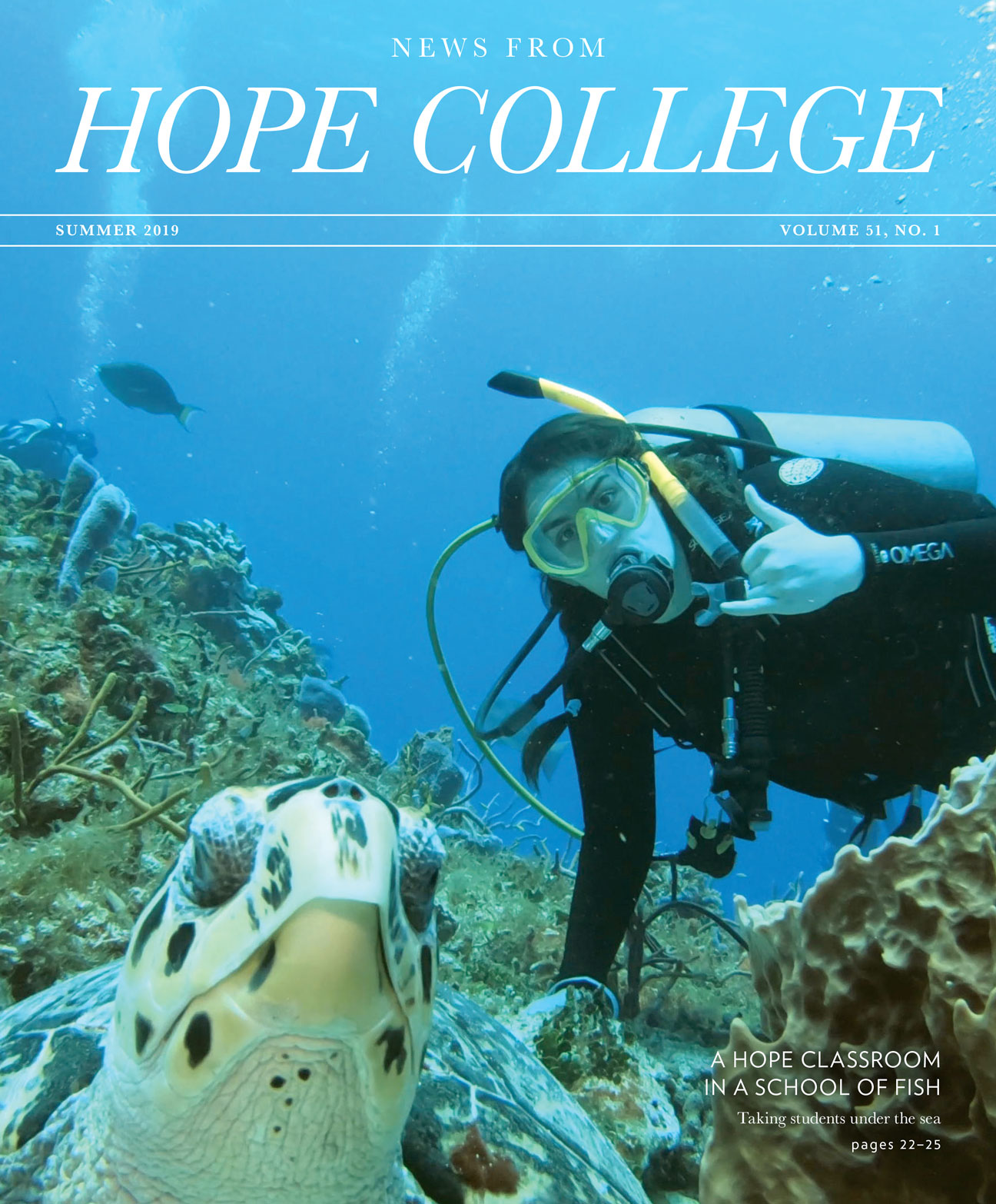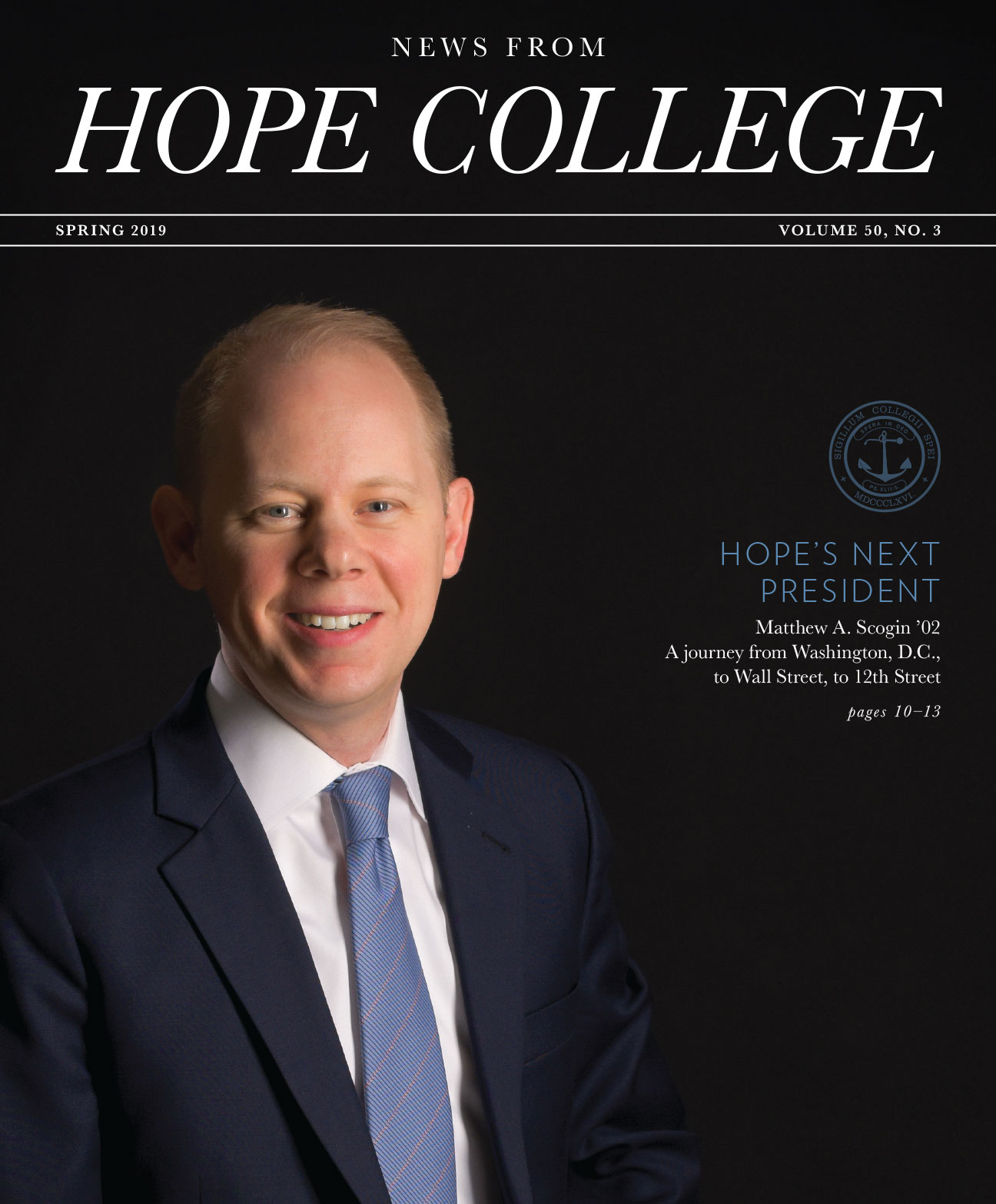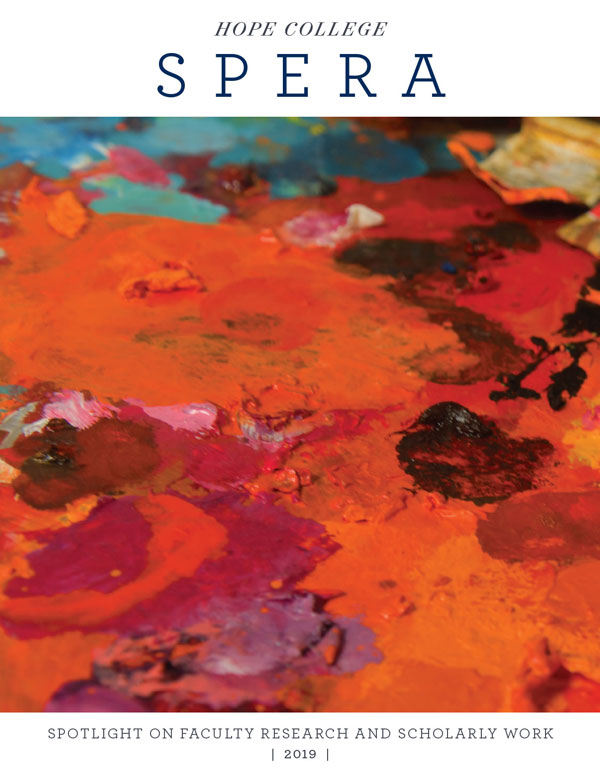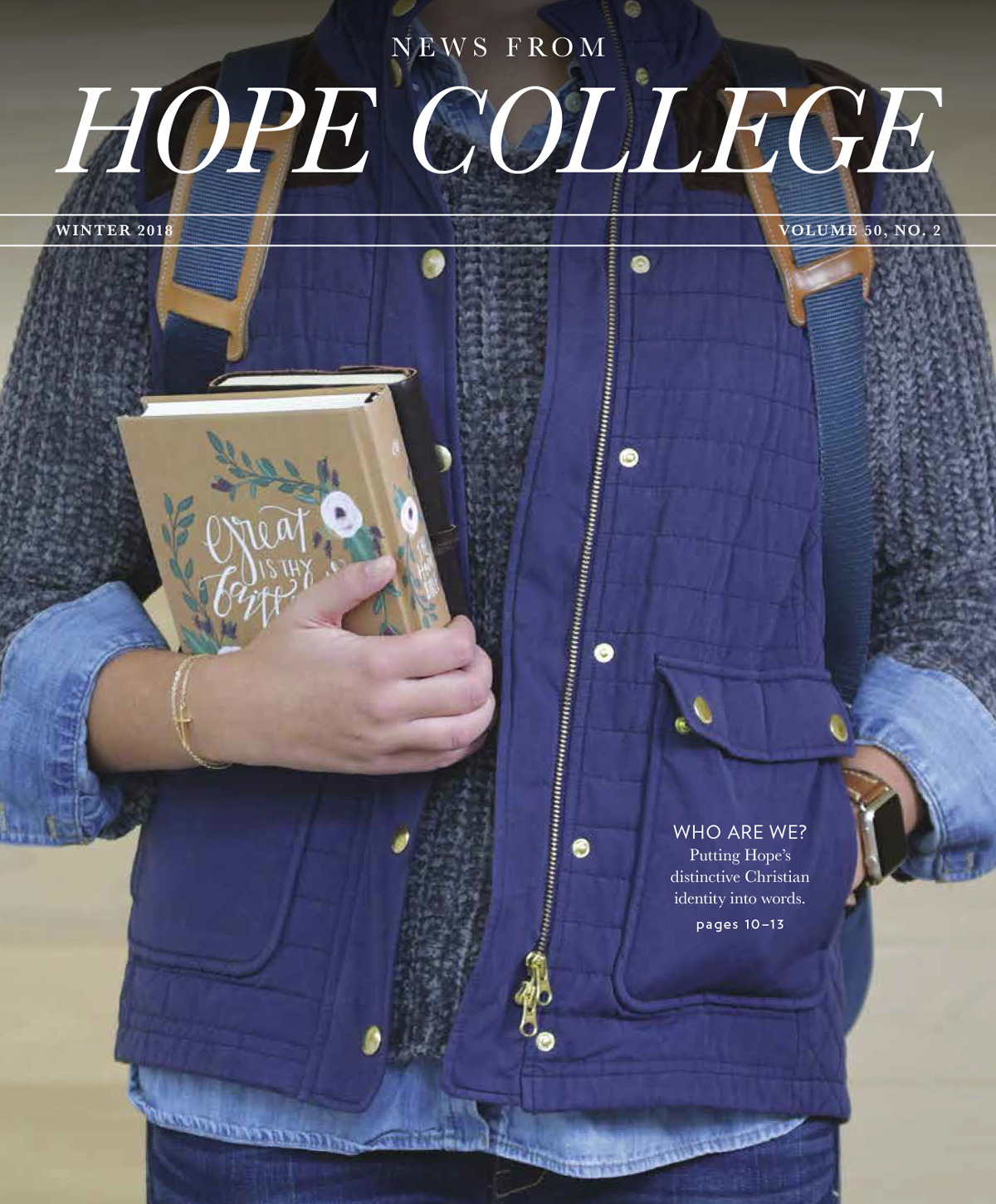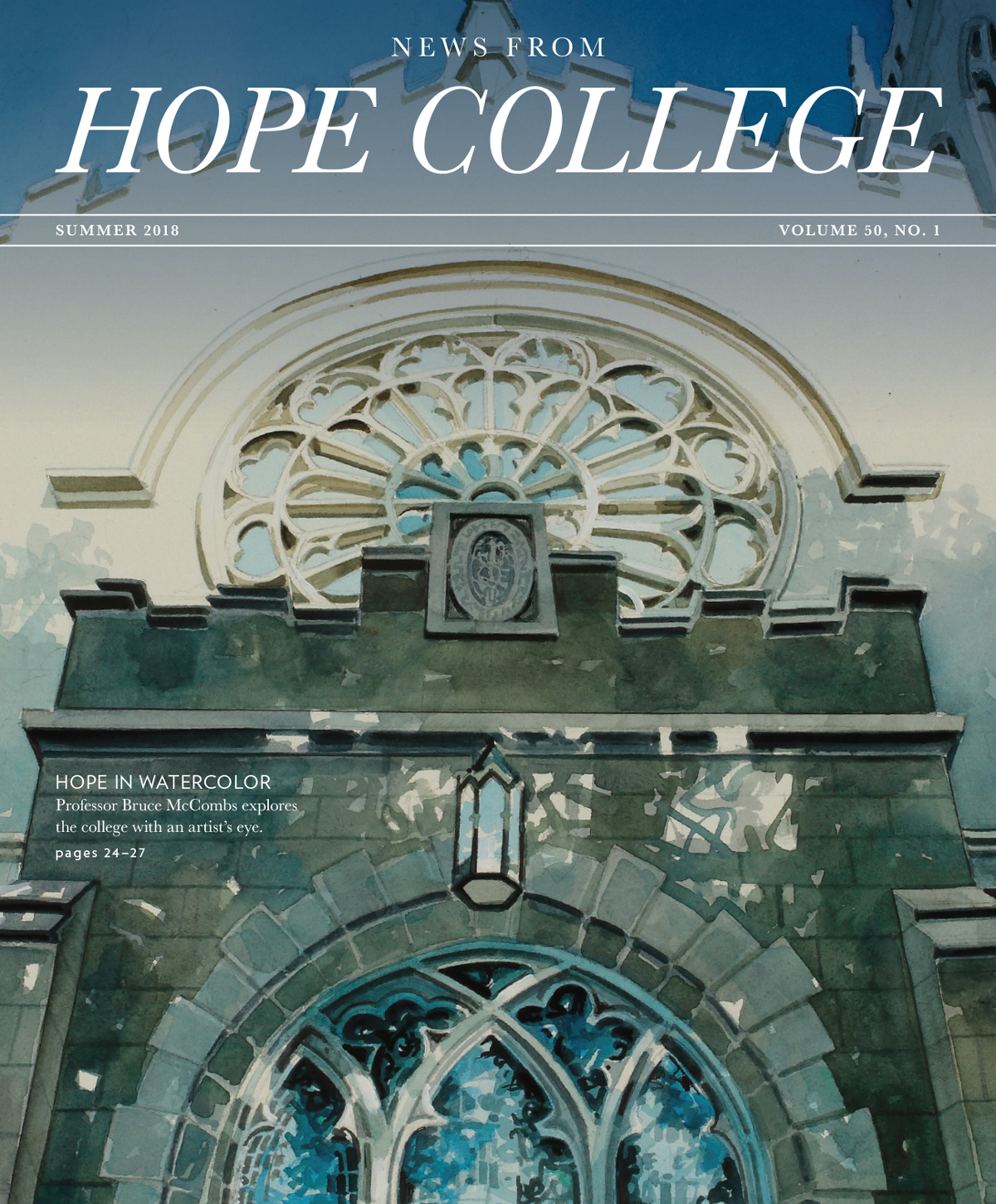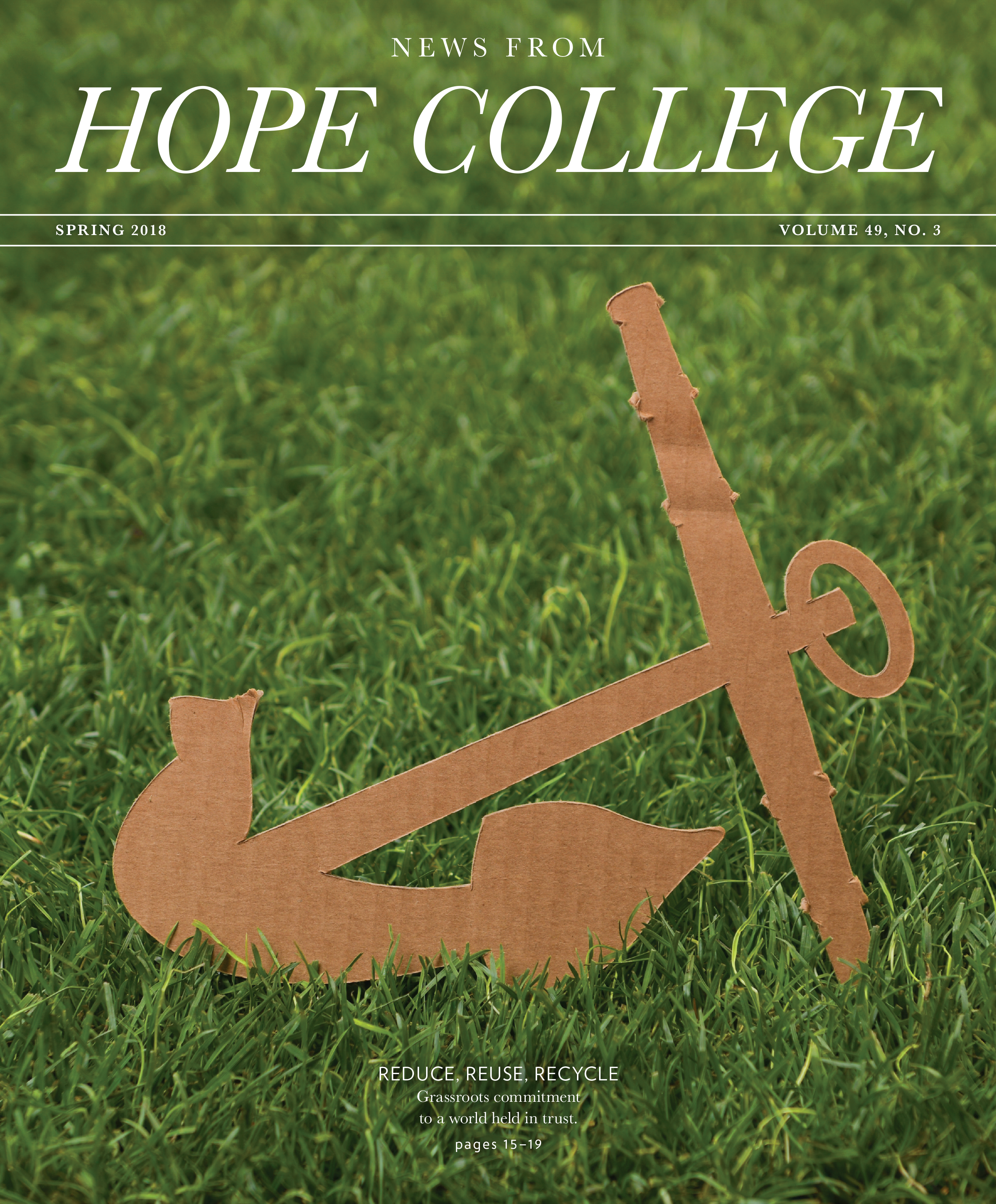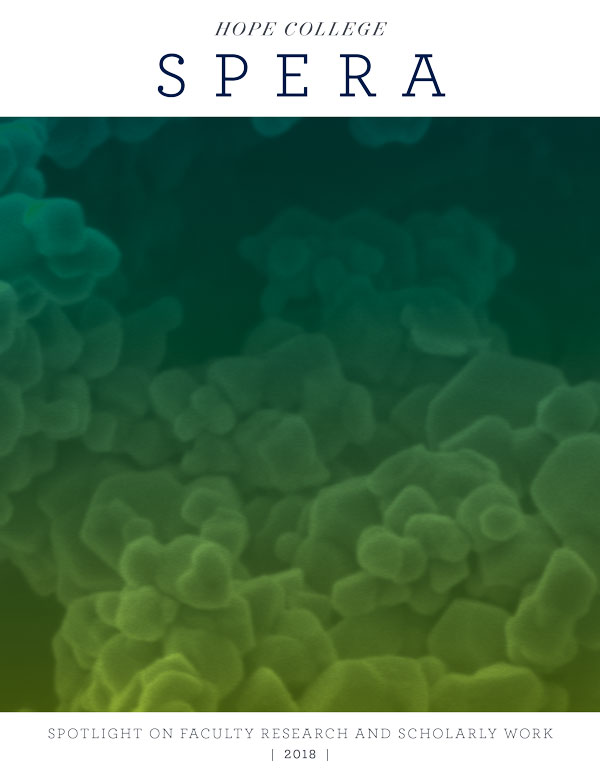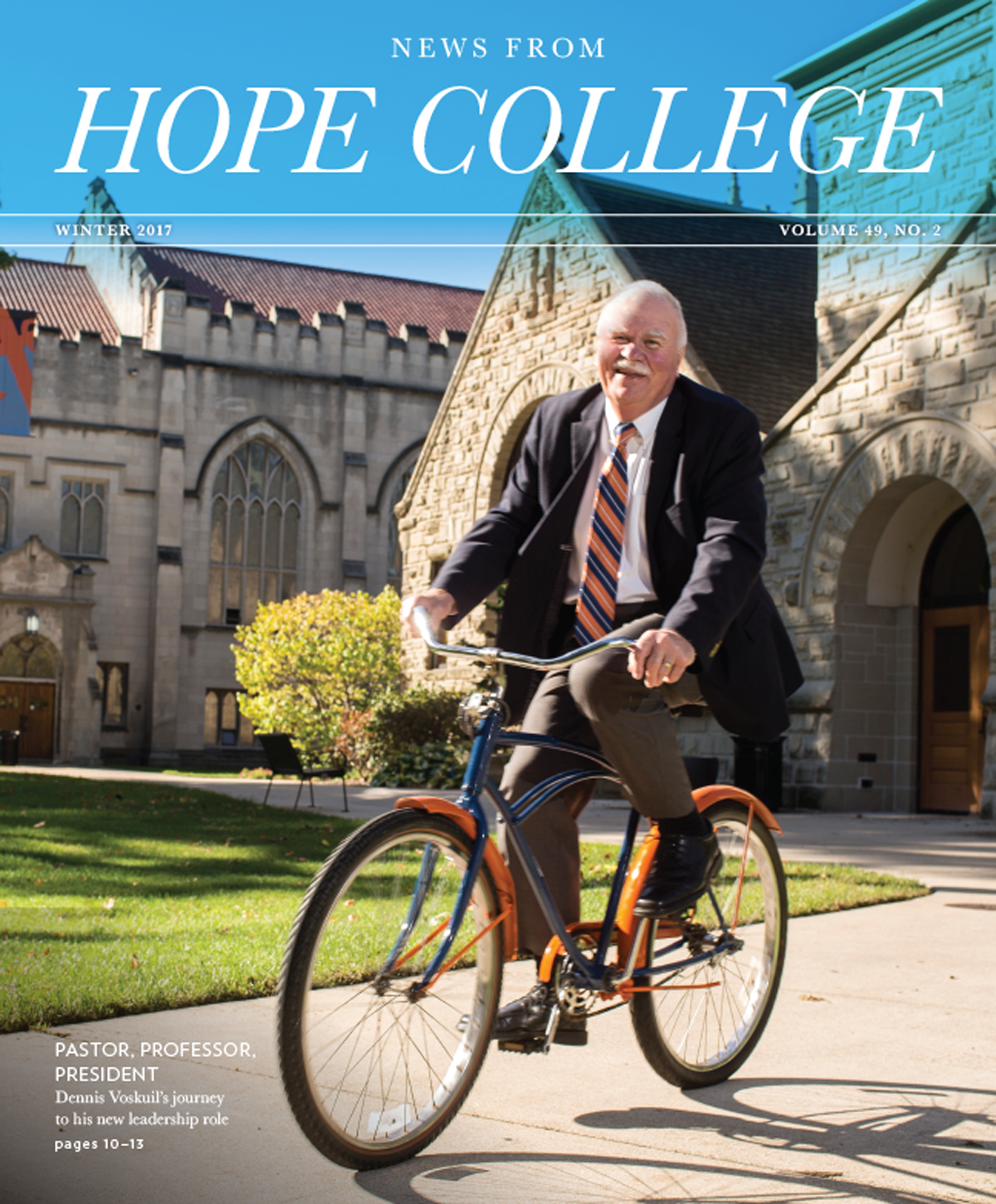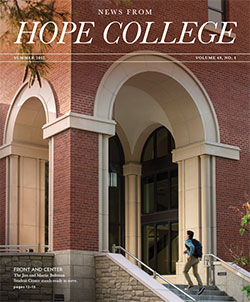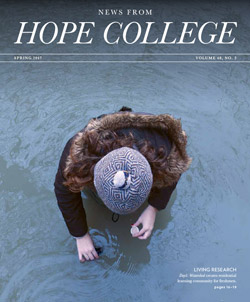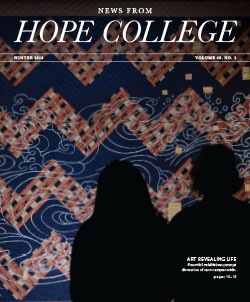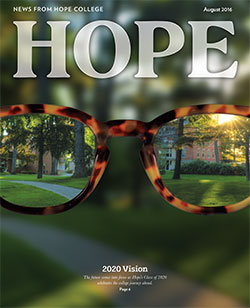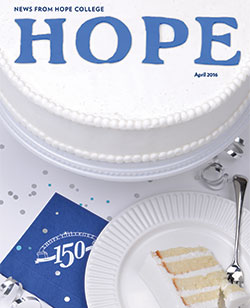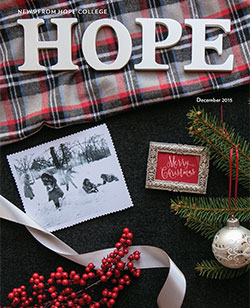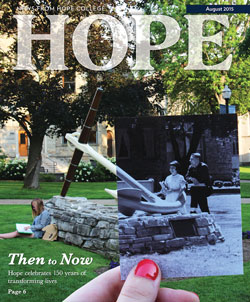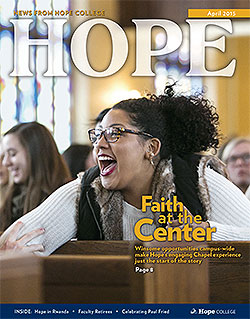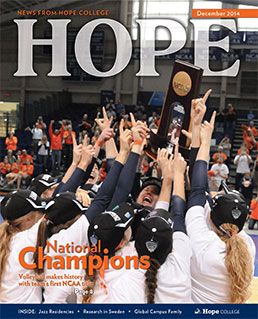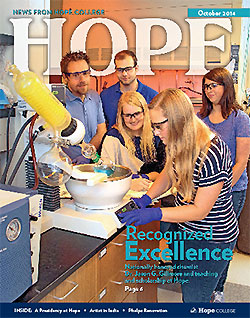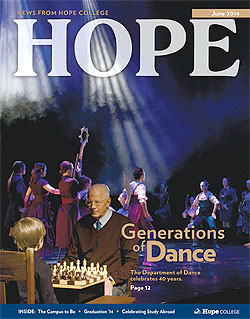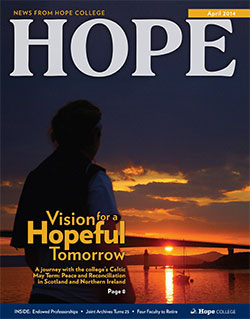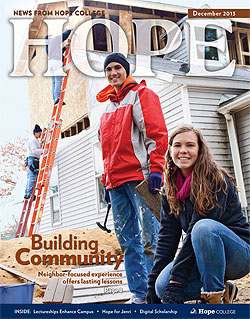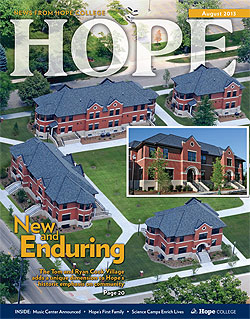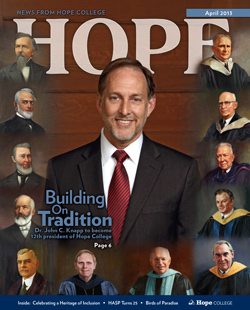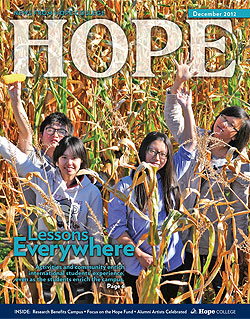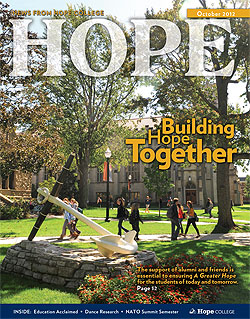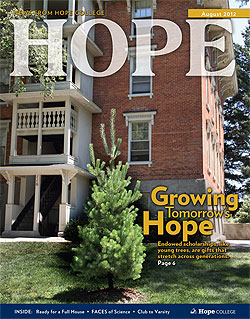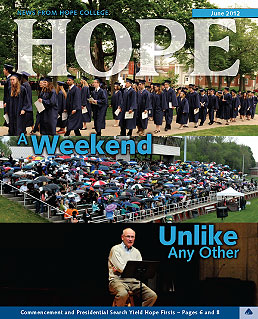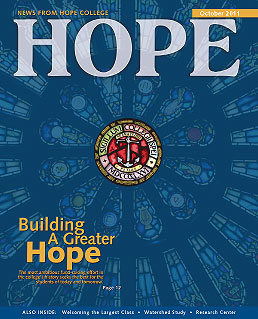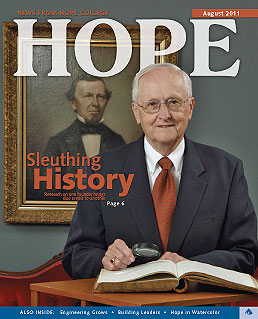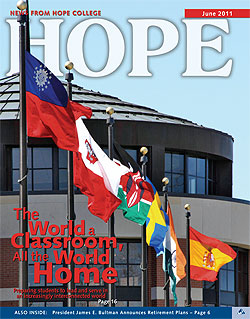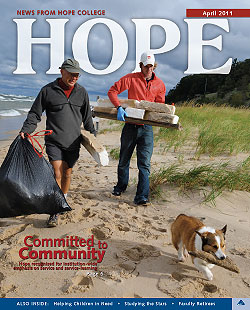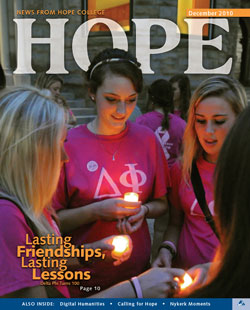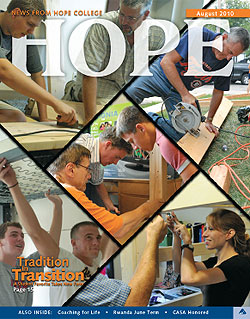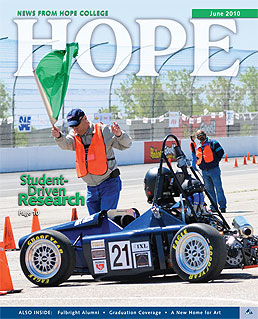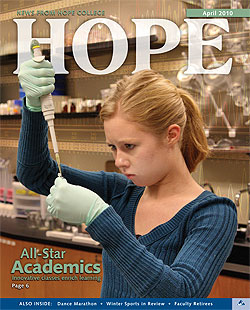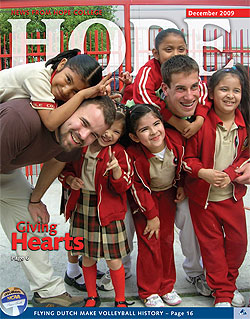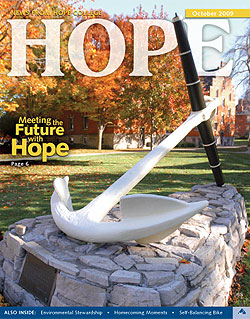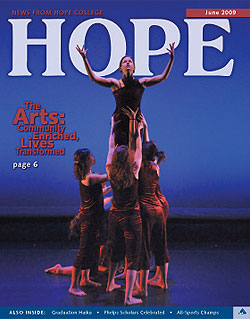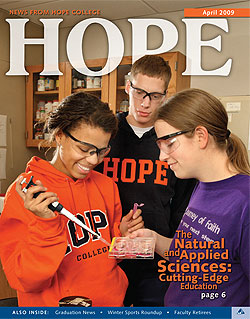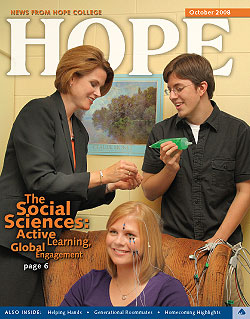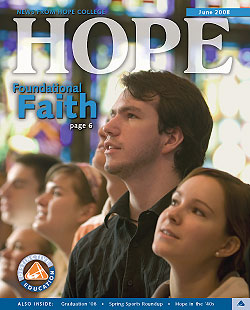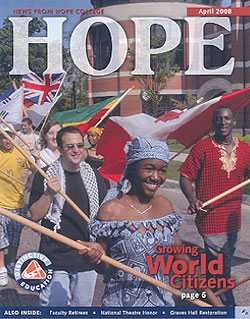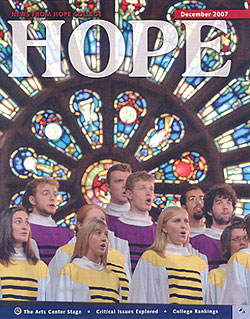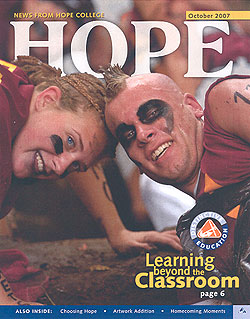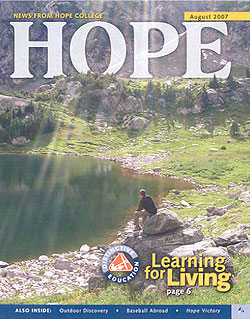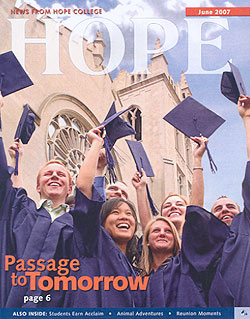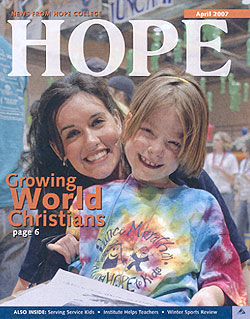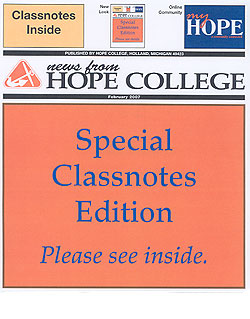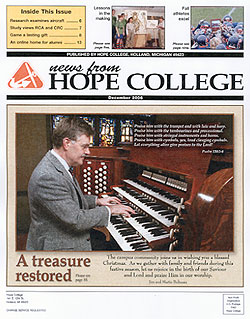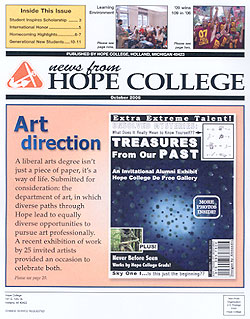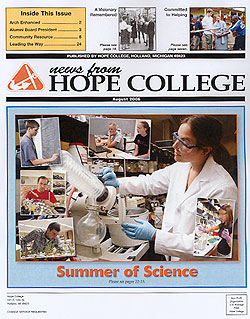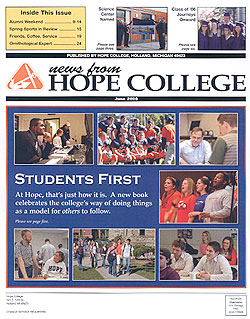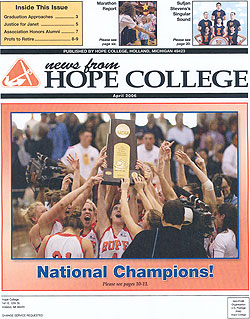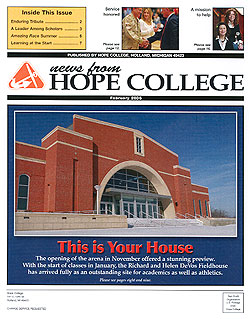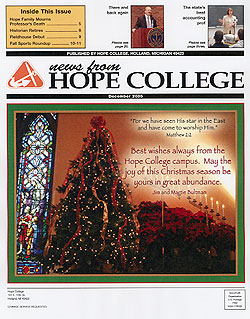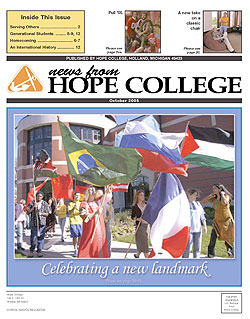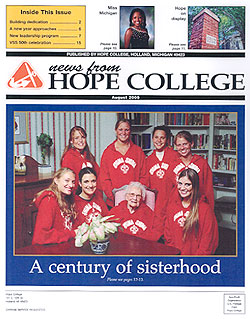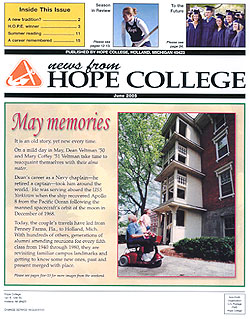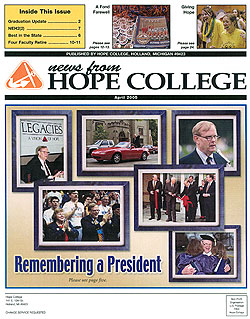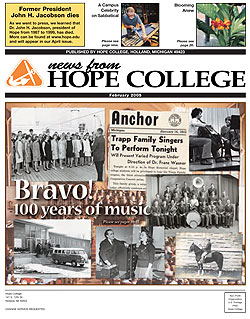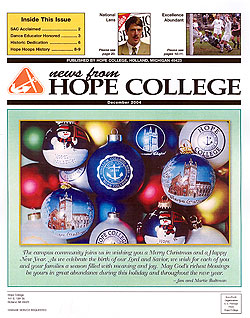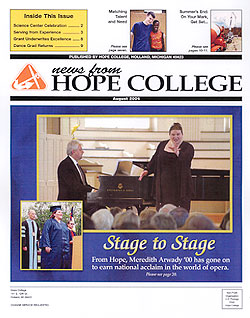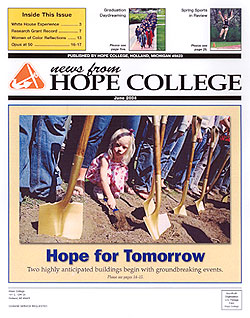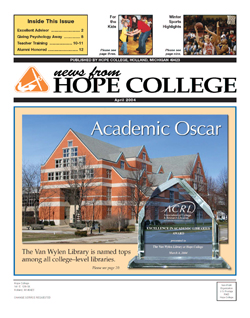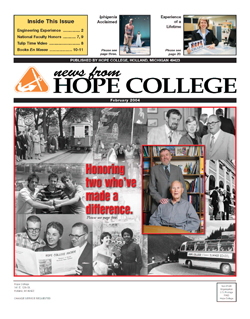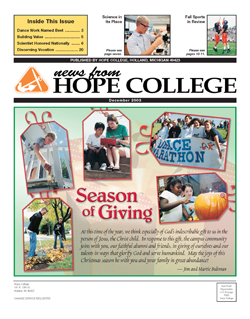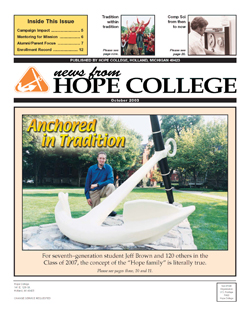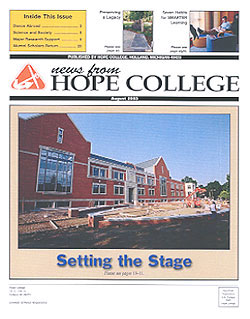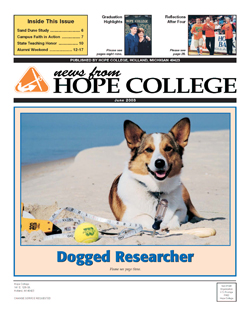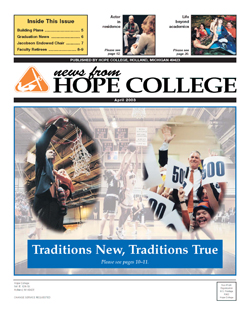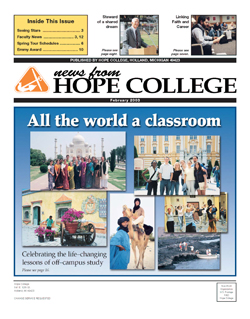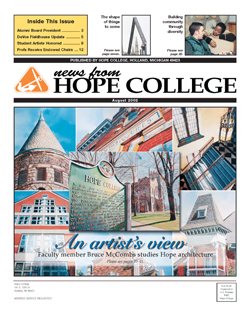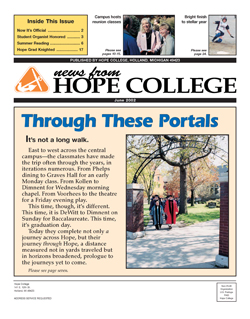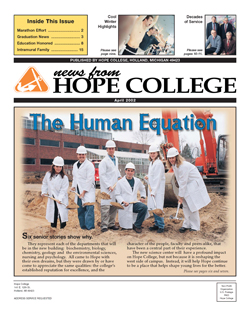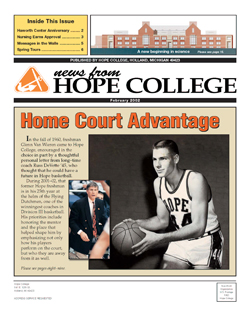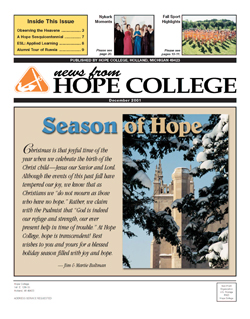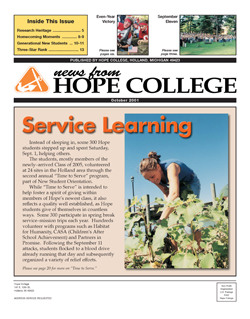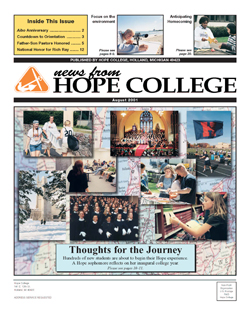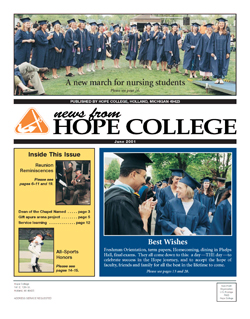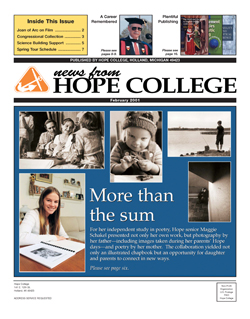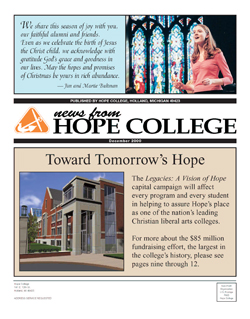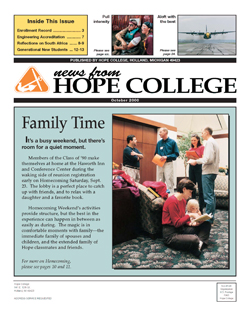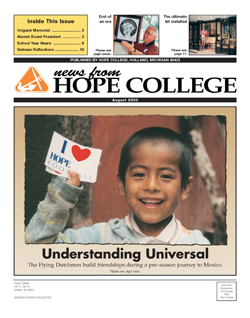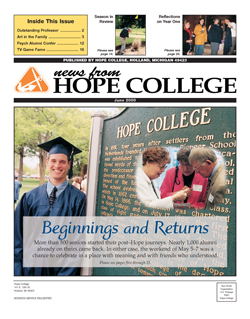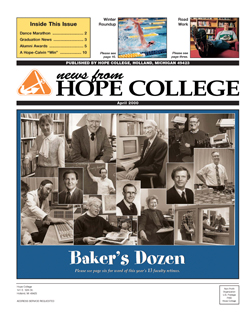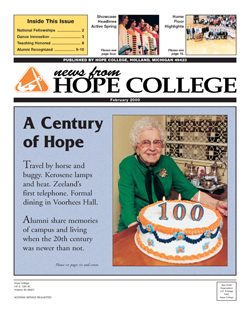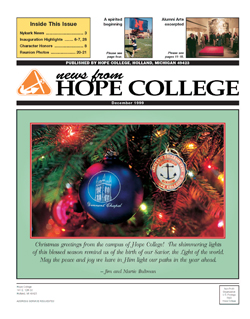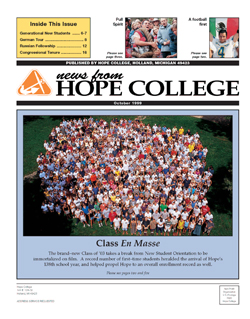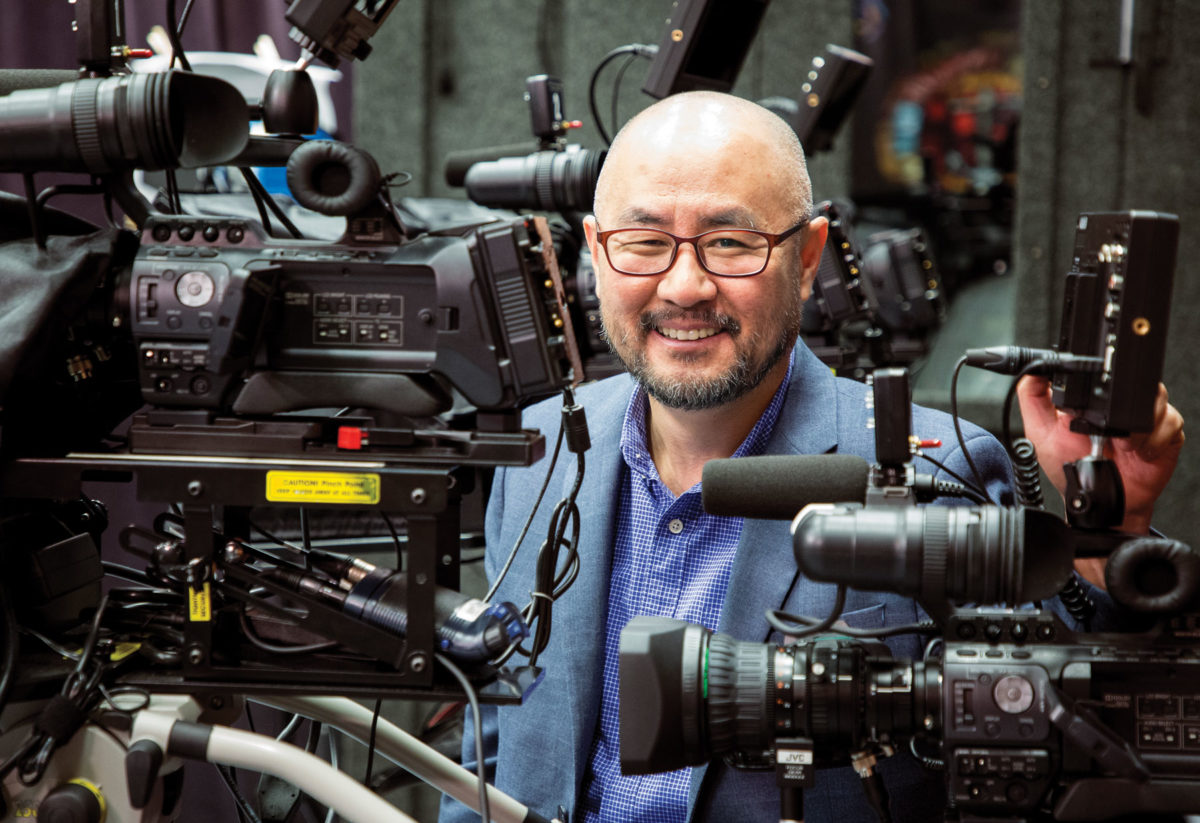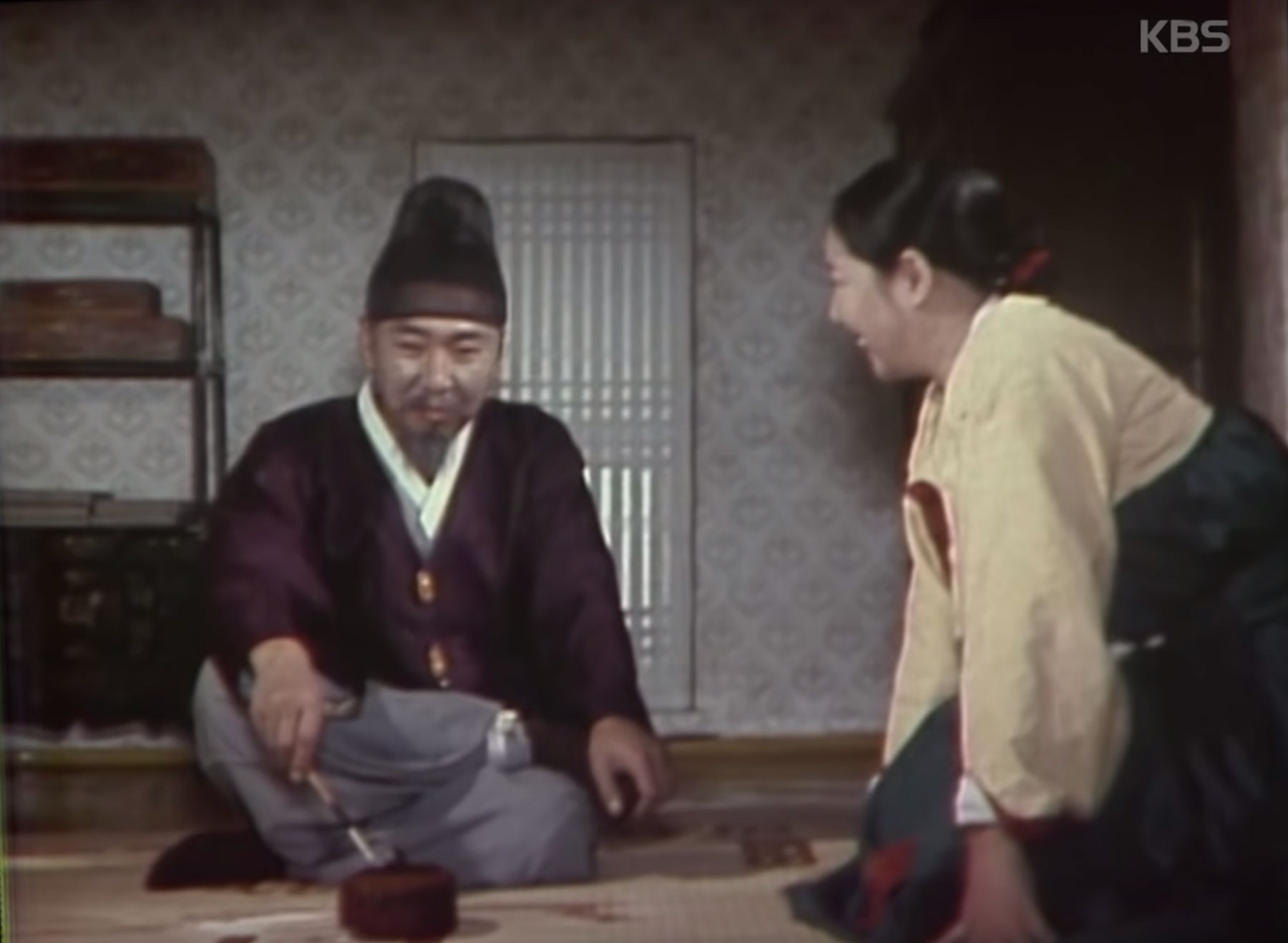Sitcoms, Fake News and Collective Memory
Choonghee Han, Ph.D. | Associate Professor of Communication
Dr. Choonghee Han believes every nation has a time in its collective past that it would just as soon forget.
In America, for example, it could be Vietnam.
“There have been lots of discussions and publications about the Vietnam War, how it was interpreted or digested by the public through the media,” says Han. “It was a very painful chapter in this country. Scholars have written that because it was painful, we tried to forget it. For many, many years afterward, people didn’t want to talk about it. We subscribe to concocted memory. We buy into it. That gives us a very interesting human behavior pattern of forgetting and remembering.”
“Memory is never set in stone,” he declares. “It always fluctuates. It’s messy and it’s dirty.”
That pattern is more pronounced and brazen in East Asia, Han says; the South Korean and Japanese authorities rewrote, or in some cases omitted altogether from the public record, memories of forced prostitution, genocide and other atrocities that occurred as a result of Japan’s occupation of Korea before and during World War II. (We might call it “fake news” today.)
Before moving to America and entering academia, for 12 years Han produced TV and radio documentaries for the Educational Broadcasting System (EBS), South Korea’s equivalent of PBS. (He now chairs the documentary division of the D.C.-based Broadcast Education Association.) That background helped fuel his present field of research: the media manipulation of collective memory for political purposes.
Over the years, Han says, the facts of what occurred during the Japanese occupation of Korea have been replaced by “alternative facts” from political leaders who refuse to acknowledge events historians and others around the world confirm as true. This pattern repeats through different times and events; even during the 1980s, political turbulence erupted before Han’s eyes.
“In the ’80s there was a coup d’état,” he recalls, “and the coup d’état regime stayed there close to 10 years. I was attending school at the time, and when I was a sophomore in 1987, there were huge street rallies.” During each military regime change in his native country, “the first place they go is the presidential palace, then to the TV stations.”
He came to the U.S. from South Korea in 2003 and marks his 10th anniversary on the Hope faculty this year, which means he’s both a participant in the Korean diaspora, and a scholar of it. He was part of a team who presented a session on the Korean diaspora at the fall 2019 National Communications Association conference in Baltimore. While diaspora (which refers to any homogeneous group dispersed outside its homeland) is most frequently associated with Jews or Africans, Han notes that “because of their tumultuous recent history and geopolitical position, Koreans were either moved out of their territories or voluntarily went to other countries, and still do.” New sociocultural contexts may have enabled some to process and sift the mix of experience-based memory and stories crafted for political purposes that they carried with them.
In an offshoot of his research into collective memory, Han is creating his own South Korean version of TV Land — studying television sitcoms and dramas from the 1960s and 1970s.
“I was intrigued by British scholars who went to BBC archives and started watching shows from that era,” Han explains. “Why? Because there were the Beatles—there was new thinking, right? There were cultural movements. They tried to see those cultural changes, then political changes, through the lenses of television programs. I modeled my new exploration based on that model.”
However, the social and political landscape was very different for South Koreans in that era, Han says. “It was still kind of rubble in the ’60s, remnants of the [Korean] war,” he says. “America and Great Britain were stable countries; households had cars and jobs. But Korea was poverty-ridden, and culturally and politically very homogenized, and also very authoritarian. So by going back and watching television shows from that time I think I can discover how far the country has come, and remind people how they were then, and how much they have learned or have lost over time. I think it’s going to be a very interesting investigation, because while they’re probably going to be kind of cheesy and corny, those stories are a witness to something.”
Some American universities have collections of vintage South Korean series, and there’s always YouTube. However, Han suspects that when he takes his family to South Korea this summer, he’ll be spending several hours a day staring at screens. “The nice thing about the national public broadcasting system is that they were required to keep those programs,” he says. “They became part of the national archives.”
Han will also read vintage newspaper articles to see how the shows were received and promoted in their day. “There were soap operas, but not American or Latin American style where there are intricate personal relationships between males and females,” he says. “Korean soap operas of the past meant small details of people living their lives. It was a country rooted in Confucianism, though it is changing now, but adultery or extramarital relationships were publicly demonized. So those stories were more likely a father admonishing his daughter for getting home late, or a docile wife going against her husband. It teaches us how they tried to stick to their old rules while trying to adapt and embrace the new.”
To view the Korean Broadcasting System’s collection of videos visit youtube.com/KBSArchive
